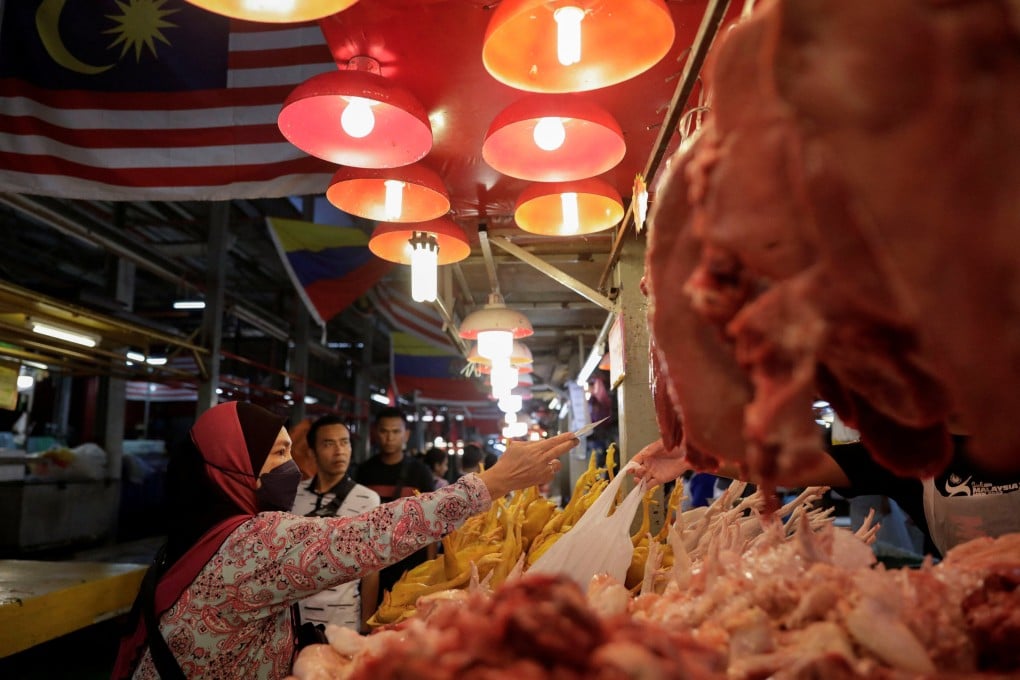Chicken on credit? Malaysians warned over debt trap as deferred payment craze widens
Lack of safeguards against multiple Buy Now, Pay Later borrowings could lead to surging indebtedness among low-income earners, consumer group warns

Malaysian authorities have been urged to tackle the proliferation of online credit schemes, as millions of low-income earners opt to defer payments on everything from fast food to homeware to get through a daily cash crunch, but that risks building a mountain of debt.
The central bank last week revealed that 3.7 million Buy Now, Pay Later (BNPL) users were from Malaysia’s lowest-income earners, who took home less than 5,000 ringgit (US$1,130) a month and struggled to get by on low wages.
That is more than 20 per cent of Malaysia’s total working population of 17.3 million people, raising concerns over the potential for a debt trap to capture millions of Malaysians whose debts slowly mount with interest payments adding to the delayed burden.
Credit lines for basics come as food prices rose 2.5 per cent in February, according to government data.
“It has gone to the extent that people can buy chicken on credit. It speaks volumes of the situation if we have to rely on BNPL to buy chicken,” said Indrani Thuraisingham, vice-president and legal adviser of the Federation of Malaysian Consumer Associations (Fomca).

Last week, Malaysia’s franchise of US fast food chain KFC said it would allow customers to buy its fried chicken on up to three months’ credit.